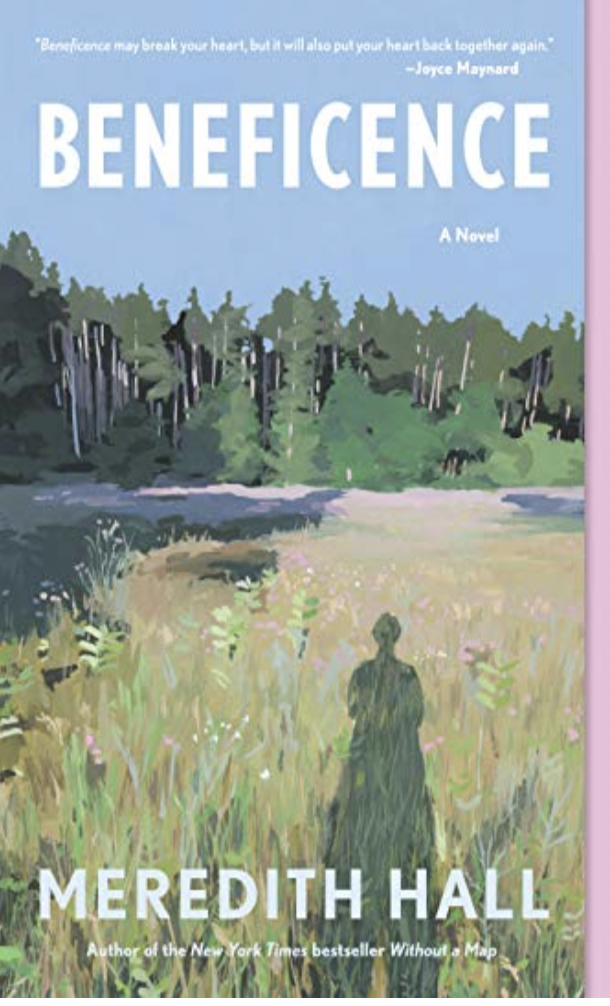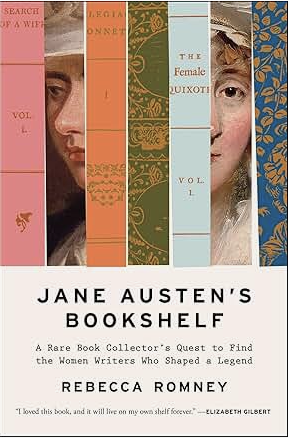
Recent Reviews

The Frozen River by Ariel Lawhon
Midwife Martha Ballard is the heroine of this gripping mystery. She was born in 1735 and died in 1815. This fictionalized account of her life feels authentic and compelling thanks to her diligent daily diary entries and an award-winning biography by Laurel Thatcher Ulrich.
The novel, which has received acclaim for it engaging storytelling, starts as a “who done it” but becomes an homage to Martha Ballard and her commitment to justice and equality for women. The frozen river itself becomes a powerful symbol within the story, representing the rigid societal structures that Martha fights to crack open.
The story opens in 1789, a time of significant change and upheaval for the newly formed United States and its judicial system. Ballard is called to examine the body of a man who was found frozen to death in the Kennebec River. The deceased is identified as one of two well-respected men who were accused of rape two months earlier. As the midwife and healer of Hallowell, Maine, Martha had documented the details of that assault. Martha believes the man was murdered. But when a Harvard-trained male doctor declares the man’s death is accidental, Martha is compelled to investigate. While doggedly delivering babies and healing town folks, she attempts to discover what happened to this man and how it might relate to the rape.
As the story unfolds, Ballard’s unwavering determination to uncover the truth serves as the backbone of the narrative. Ballard’s husband, Ephraim, taught her how to read and write, a skill not available to most women. Their love story is inspiring. Martha’s daily diary becomes a vital tool in piecing together the mystery. Through her investigation, she encounters resistance from powerful figures in the community. Her pursuit of the truth challenges the deeply entrenched patriarchal norms. Her quiet resilience and intellect shine as she navigates a world where women’s voices are often dismissed. How she developed this courage is one of the engaging threads of the story.
Ultimately, “The Frozen River” is more than a murder mystery. It is a profound exploration of courage, justice, and the unyielding resolve of a woman who dared to seek the truth in an age when silence was the easier path. Lawhon’s pays tribute to Martha Ballard’s legacy and her steadfast commitment to gender and class equality. She was truly a heroine of her time. 4/5

Beneficence by Meredith Hall
Meredith Hall’s prose sounds like poetry and feels like a prayer. Filled with grace and heartache, the novel poignantly portrays a 1950s Maine farming family who experiences a tragic loss. Hall skillfully details the psychological and emotional nuances of this family’s grief and their struggle to forgive themselves and each other.
The book is intimate, wise, and soulful. While the story may not resonate with every reader, Beneficence is a powerful meditation on death and resiliency. 4.5/5

Jane Austen’s Bookshelf by Rebecca Romney
Rare book collector Rebecca Romney’s book is a literary adventure. Written in a warm and welcoming tone, the book is filled with fascinating information. A devoted Austen fan since she was young, Romney had never paused to consider Austen’s literary influences. She simply loved Austen’s six novels and concurred with scholars and lay people that Austen was “one of the greatest writers from the early 19th century.”
One day, she was invited to peruse the collection of a fellow rare book dealer. Among the items she bought was the novel Evelina by Frances Burney, one of the most successful novelists of Austen’s lifetime. Romney then read Burney’s second novel, Cecilia, published in 1782. It was in this second novel that Romney first read the words “pride and prejudice.” Romney curiosity was piqued. She thought – of course -Austen must have been inspired by the authors she was reading. She didn’t write in a bubble. Like an investigator, Romney starts to discover the women writers who influenced Austen’s writing and determine why their books have disappeared from our bookshelves.
Using her rare book dealer skills, Romney follows the clues that Jane Austen left in her novels. (i.e. In Northanger Abbey, Austen refers to the novels of three women authors.) She also reads correspondence between Austen and her family members, where Austen shares her opinion of the books she reads. One woman author leads Romney to the next. By the end of her search, Romney had discovered, acquired, and read books by eight published women writers. She finds their novels interesting, clever and witty. In doing so, Romney recreates a version of Austen’s bookshelf. She discusses their lives, their struggles and their publications. The eight women are Frances Burney, Ann Radcliffe, Charlotte Lennox, Hannah More, Charlotte Smith, Elizabeth Inchbald, Hester Lynch Thrale Piozzi, and Maria Edgeworth.
Romney’s book doesn’t diminish Austen’s preeminence as a writer. Rather, Romney’s meticulous research and insightful analysis offer a fresh perspective on Austen’s work, making Romney’s book a valuable addition to the literary discourse. She also provides a better understanding of the many reasons that these financial and literary successful novels have disappeared. Not surprising, sexism and paternalism play a persistent role.
No one description can capture the content of this book. But if you like history and literature, and especially if you are a Jane Austen fan, you will enjoy this book. 4/5
